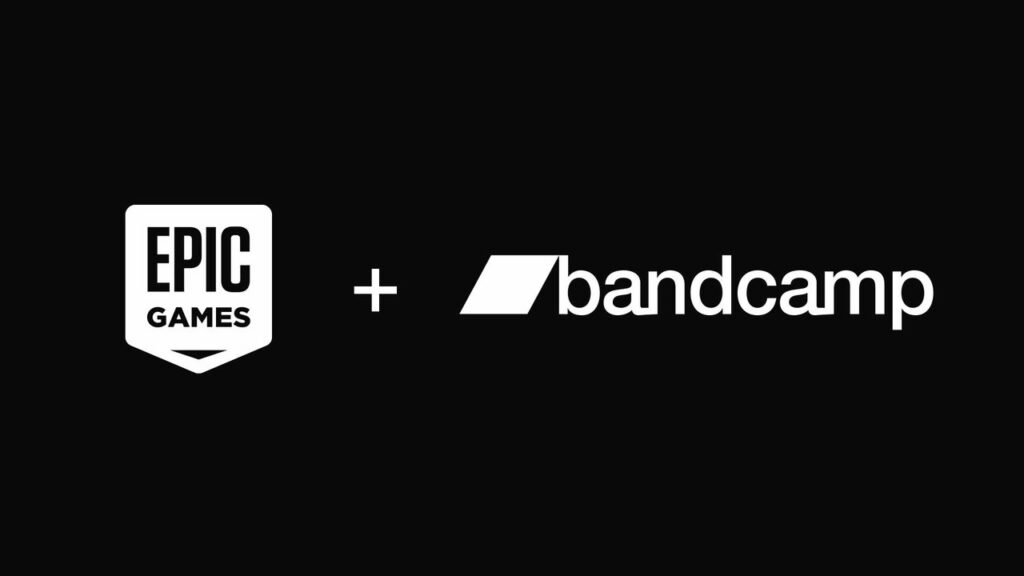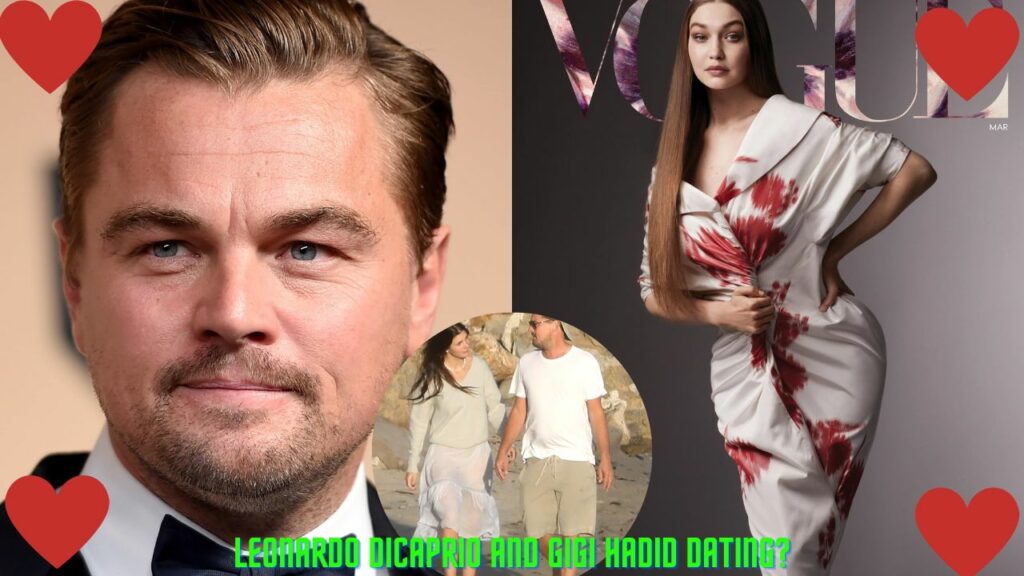Bandcamp, the site that has been a shelter for musicians throughout the epidemic, said on Wednesday that it had been bought by Epic Games, the firm behind successful online video games like Fortnite, giving the independent music scene a jolt.
The deal’s terms were not disclosed. Bandcamp “will play a key role in Epic’s strategy to build out a creative marketplace ecosystem for content, technology, games, art, music, and more,” Epic stated in a statement.
While Bandcamp is a modest player in comparison to giants like Spotify, Apple, and YouTube, it has been a favourite among musicians for allowing them to control how their music is shared and sold, as well as providing them the majority of the revenue generated from those transactions. According to Bandcamp, musicians receive an average of 82 percent of every transaction, and the firm claims that payments to artists and labels have “closed in on $1 billion” since it debuted online in 2008.
For listeners, Bandcamp has become a treasure trove of rare yet amazing music that they won’t discover anywhere else.
Artists can submit their own work and determine the pricing restrictions for downloads of their own work on Bandcamp, where pay-what-you-wish pricing is widespread. Bandcamp has dropped its prices once a month on “Bandcamp Fridays” during the epidemic, giving the company waves of goodwill. Even more shocking is the fact that Bandcamp claims to be profitable since 2012.
Epic Games, which is privately held and located in Cary, N.C., has revealed nothing about its ambitions for music, and a company spokesperson declined to address any more questions regarding the transaction. However, in a statement released on Wednesday, Epic expressed interest in Bandcamp as a direct-to-consumer platform. The firm added, “Epic and Bandcamp share a purpose of establishing the most artist-friendly platform that allows creators to keep the bulk of their hard-earned money.”
Epic’s main game, Fortnite, has been one of the most inventive outlets for video game music, allowing musicians to appear digitally, frequently in lavishly staged pieces. Travis Scott, the artist, had what was largely regarded as a breakout visit in April 2020, attracting 28 million gamers to his virtual performance. J Balvin, a Latin music artist, performed a campy concert costumed as a green-haired Frankenstein’s monster for Halloween that year, accompanied by dancers dressed as ghosts and zombie Cyclopes.
Epic has also been a focal point in one of the most high-profile tech policy discussions in recent memory. In 2020, the firm filed a lawsuit against Apple, alleging that the rules of its App Store, which collect payment fees of up to 30%, were unjust. Epic also used sleek, meme-ready content like “Nineteen Eighty-Fortnite,” a spoof of Apple’s iconic “1984” TV ad that presented its Mac computer as a cheerful disrupter of drab tech monopolies, to fight the public relations war around the case.
“Bandcamp will continue to operate as a standalone marketplace and music community, and I will continue to lead our team,” Diamond wrote, adding that artists “will still have the same control over how they offer their music, Bandcamp Fridays will continue as planned, and the Daily will keep highlighting the diverse, amazing music on the site.” He said that the collaboration with Epic Games will help Bandcamp expand globally and “push Bandcamp development ahead.”

